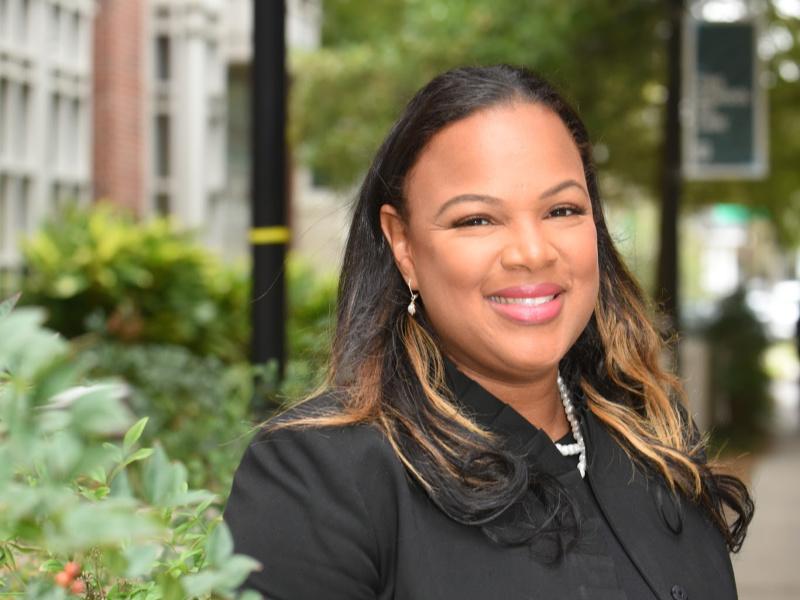Prof. Kristin Johnson addresses AI and the pandemic in Tulane webinar series
As part of Tulane's webinar series on coping with COVID-19, Tulane Law Prof. Kristin Johnson, the McGlinchey Stafford Professor of Law and Associate Dean for Faculty Research, was the featured speaker on the impact of Artificial Intelligence on the pandemic.
"Artificial Intelligence and Pandemic Tracing Technology: Public Health and Human Values" addressed how scientists and policymakers everywhere are looking to Artificial Intelligence to help stop the COVID-19 pandemic. AI offers promising new tools for detecting the virus, forecasting its spread, and identifying cures and vaccines. Yet, its immense power to track those who may have been exposed, to allocate scarce medical supplies, and even to crunch data to decide which patients should receive priority life-saving care raises profound questions of ethics, equity, and privacy.
Johnson is one of the country’s foremost experts on the legal and policy implications of the growing reliance on Artificial Intelligence in contexts as far flung as credit ratings and criminal sentencing. In this Tulane Plug In, she examined both the promise and perils of AI in the battle against COVID-19 and what it may mean for the future of society.
Johnson's expertise has made her a national leader in the area of technology, the law and financial markets. In February, she was quoted in Wired, as the $7-billion Intuit and Credit Karma merger was announced.
“There’s no business person on the planet who doesn’t want to get access to consumer financial transaction details—that is a pot of gold,” Johnson told Wired. “The information regarding your purchases and sales, all credits and debits related to your account, really tell a full narrative about you and your life and the things you value and the things you have committed financial resources toward.”
Last summer, she was asked to testify in the U.S. House of Representatives ' Financial Services Committee about data use in financial lending.
She has been front and center in the unfolding national debates over AI and financial regulation. Last May, she was invited to participate in a plenary program on the subject at the annual meeting of the American Law Institute in Washington, D.C. Johnson spoke as part of a three-expert panel moderated by California Supreme Court Justice Mariano Florentino Cuéllar. Her fellow panelists included University of Pennsylvania Law Prof. Cary Coglianese and Tom Lue, general counsel of DeepMind, an AI research firm that is part of the Alphabet group of companies in Silicon Valley.
Earlier in last year, Johnson also was one of a small group of experts invited to advise a group of leading corporate general counsel on emerging legal issues relating to AI.

